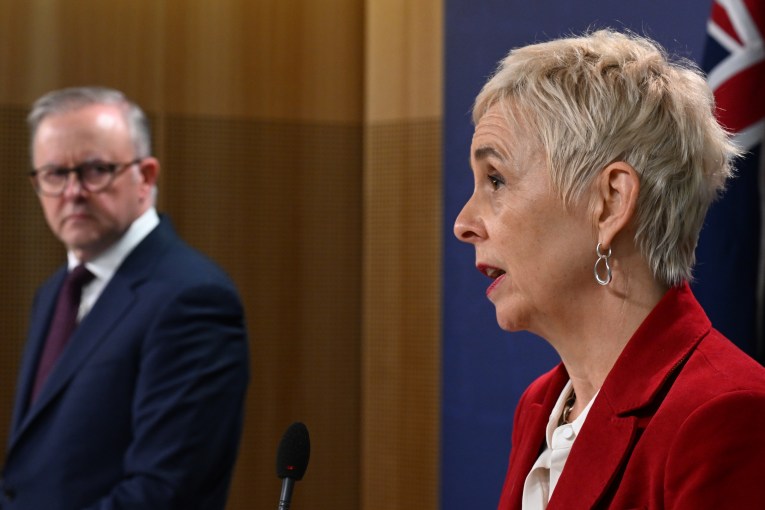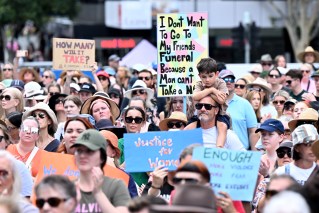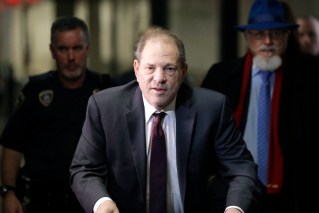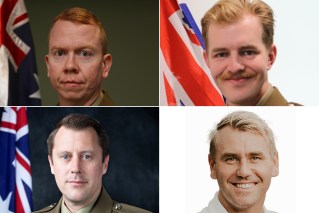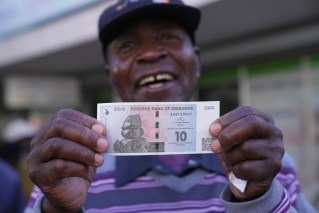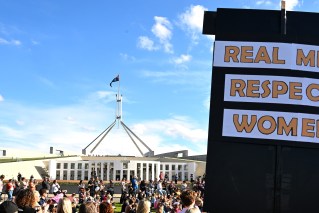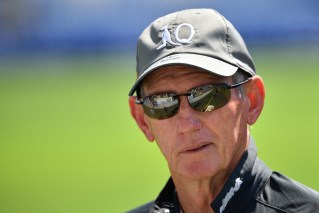Transport key to Olympic gold as Qld population booms
An extra one million people will live in southeast Queensland by the 2032 Games and Olympic success will rise and fall on the state’s ability to move them around, according to one of the mayors who began the quest to get the event to Brisbane.
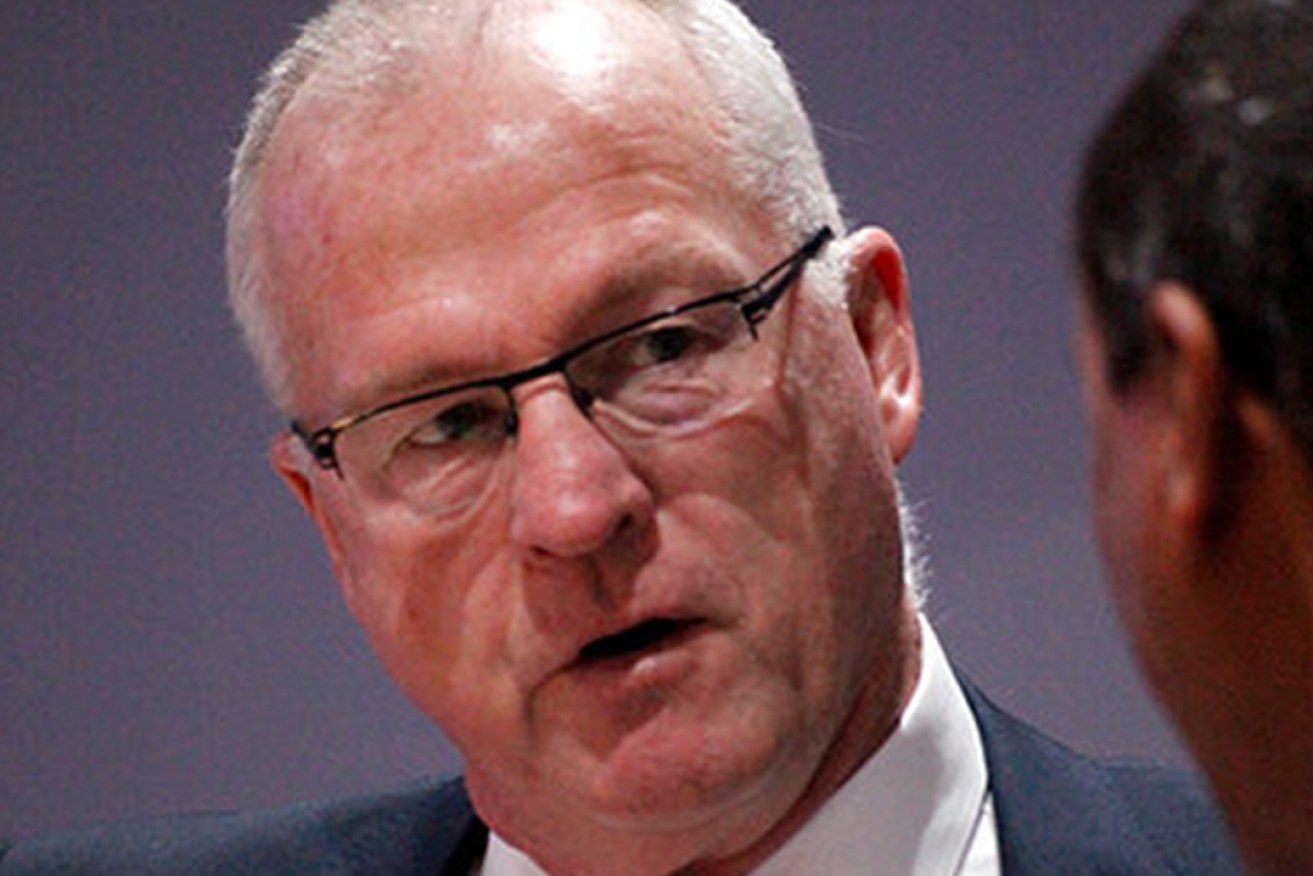
Sunshine Coast Council Mayor Mark Jamieson (Photo: ABC)
Speaking at a forum in Brisbane on Wednesday, Sunshine Coast Mayor Mark Jamieson said there was “a lot of work to be done” so services in the growing region will be up to the task.
“If we do a good job on transport these Games will always be remembered, if we do a bad job they’ll never be forgotten,” he said.
A growing population has already been highlighted as one of the stresses behind highly inflated rental prices in Brisbane and the Gold and Sunshine Coasts.
Mayor Jamieson said the southeast was predicted to grow by an extra two million in 20 years.
Without investment, “those two million extra people will create gridlock like we’ve never seen”, he said.
Premier Annastacia Palaszczuk said she was confident the state has the workforce necessary to build the Games’ infrastructure amid other government projects.
The Cross River Rail project was “perfectly timed” so workers could move straight to the deconstruction of the Gabba stadium, she said.
“Workforces move around, they are very agile, they move from project to project,” she said.
The state has also committed to $8 billion worth of capital works in the health space, including three new hospitals to be completed before 2030.
An energy plan to significantly increase the state’s renewable output also requires construction workers.
Much of those projects were in regional Queensland and would not impact the southeast workforce, Palaszczuk said.
The state government is also backing a state-of-the art Paralympic centre to be housed at the University of Queensland’s St Lucia campus.
Slated for completion in 2027-28, the centre will include international standard venues, a wheelchair and prosthetics workshop and dedicated testing facilities.
The Queensland government and university have committed to funding $44 million each, and it’s hoped the federal government will match the support.
Wednesday’s forum included a gathering of 500 people to lay out different visions for the legacy impact of the Games.
Close to 12,000 ideas have already been gathered through a survey of people from around Australia and overseas.
Revitalising First Nations languages in schools and at the opening ceremony, free sport for every child and improved disability access are among the broad range of submissions.
The survey and the forum will form the Brisbane 2032 legacy plan that will go through public consultation before its release later this year.
